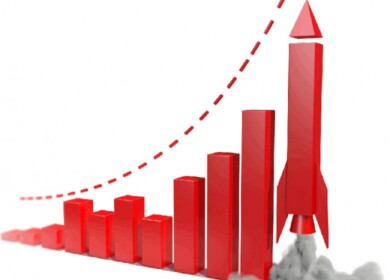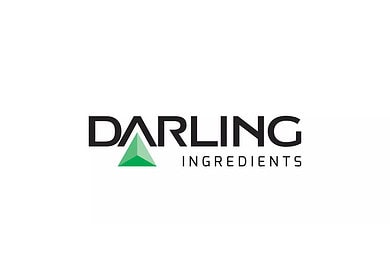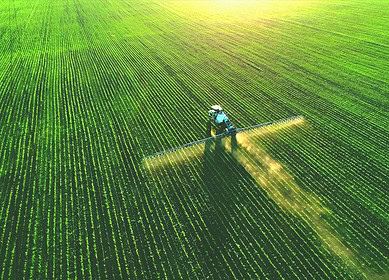PhosAgro reports strong financial results for 2023

A leading Russian phosphate-based fertilizers producer, PhosAgro, disclosed its consolidated financial results for the year ending December 31, 2023. Over the past year, PhosAgro achieved a 2.1% increase in the production of mineral fertilizers and feed phosphates, reaching a total output of 11 million tons. Additionally, the company produced approximately 300,000 tons of other agrochemical products.
Significant growth was noted in the production of DAP/MAP, which surged by 8.4% to over 4.5 million tons, as well as in ammonium nitrate and urea, which increased by 4.4% and 1.6% respectively. The company’s total product sales also rose by 2.0%, amounting to about 11.4 million tons for the year.
Despite the increase in production and sales, PhosAgro’s revenue for 2023 stood at 440.3 billion rubles (approximately $5.23 billion), marking a 22.7% decrease compared to the previous year. This decline was attributed to a correction in global fertilizer prices after the record highs of 2022. The company’s EBITDA also fell by 29% to 183.0 billion rubles ($2.19 billion USD), although it maintained a robust EBITDA margin of 41.6%.
The company’s free cash flow for 2023 was reported at 70.2 billion rubles ($0.91 billion USD), one of the highest in the past decade, despite a decrease from the previous year’s record levels. The net debt as of December 31, 2023, was 223.2 billion rubles ($2.49 billion USD), with a comfortable net debt to EBITDA ratio of 1.2x.
Sales in Latin American markets saw a significant boost, increasing by over 50% from the previous year, fully capitalizing on the favorable pricing environment and relatively low stock levels in the region.
Amidst these financial dynamics, PhosAgro decided not to include the profit distribution for 2023 in the agenda of its board meeting discussing the annual financial statements. Instead, this will be addressed in a future meeting focused on Q1 2024 results.
PhosAgro continues to demonstrate a strong financial position, with substantial capital investments planned within budget limits and a high level of free cash flow enabling full service of its debt obligations. The company’s strategy of reducing dollar-denominated debt and replacing eurobonds with Russian domestic bonds in rubles and yuan has helped maintain its credit quality, confirmed by AAA ratings from ACRA and ExpertRA, aligned with the country ceiling.
Enjoyed this story?
Every Monday, our subscribers get their hands on a digest of the most trending agriculture news. You can join them too!















Discussion0 comments